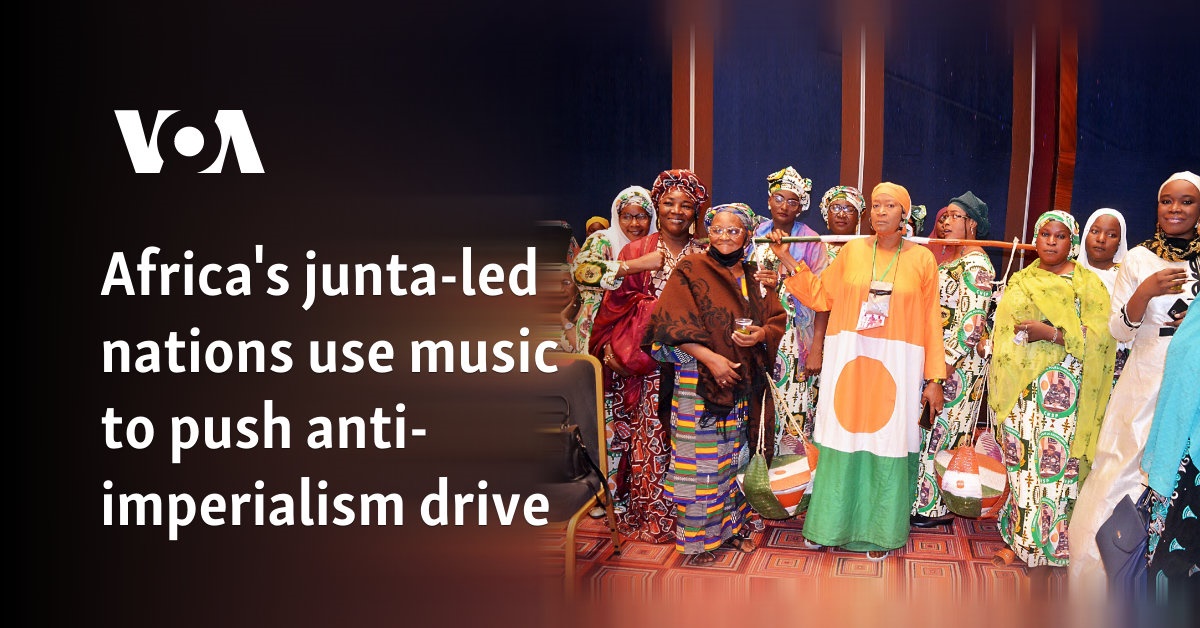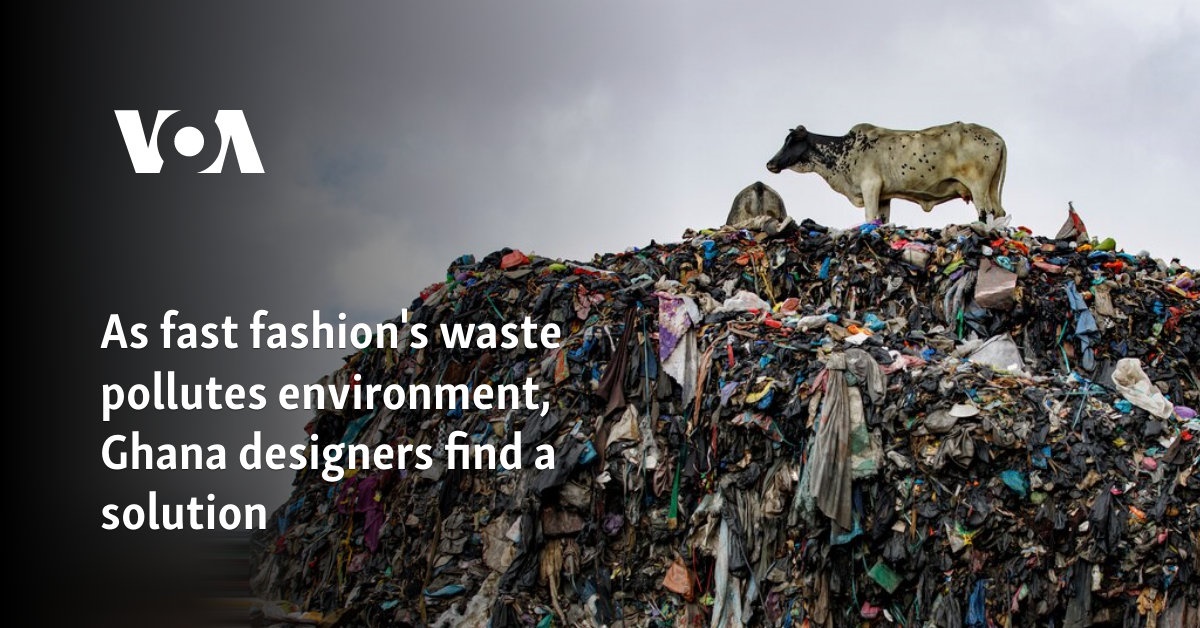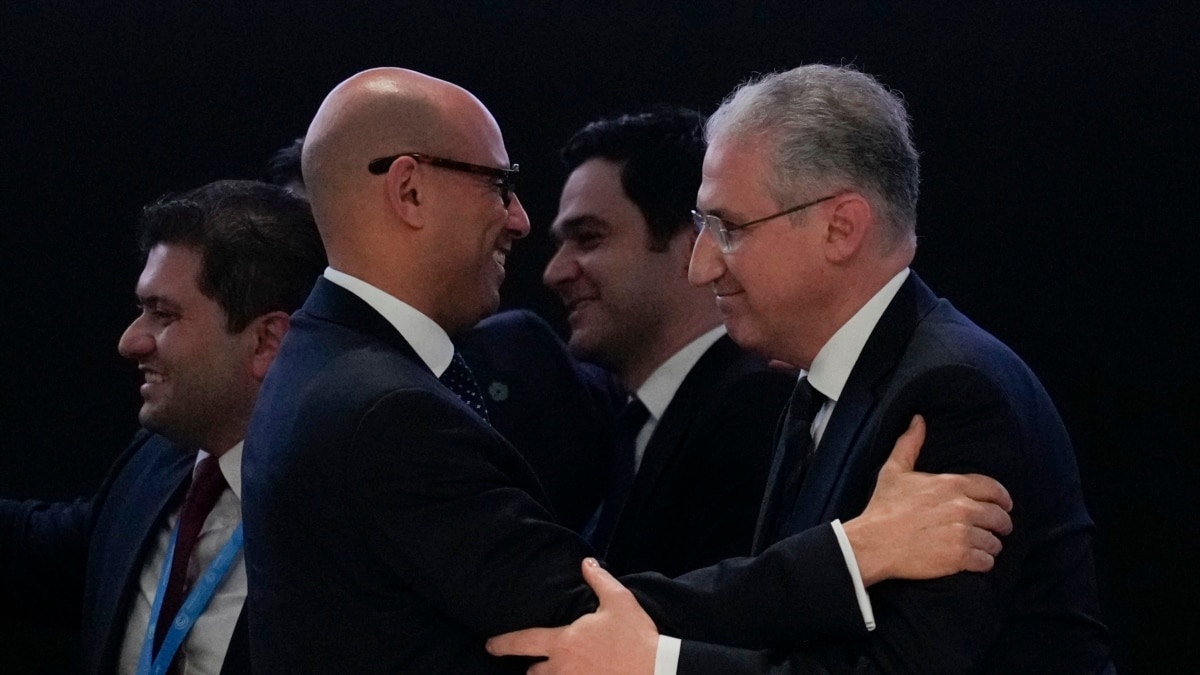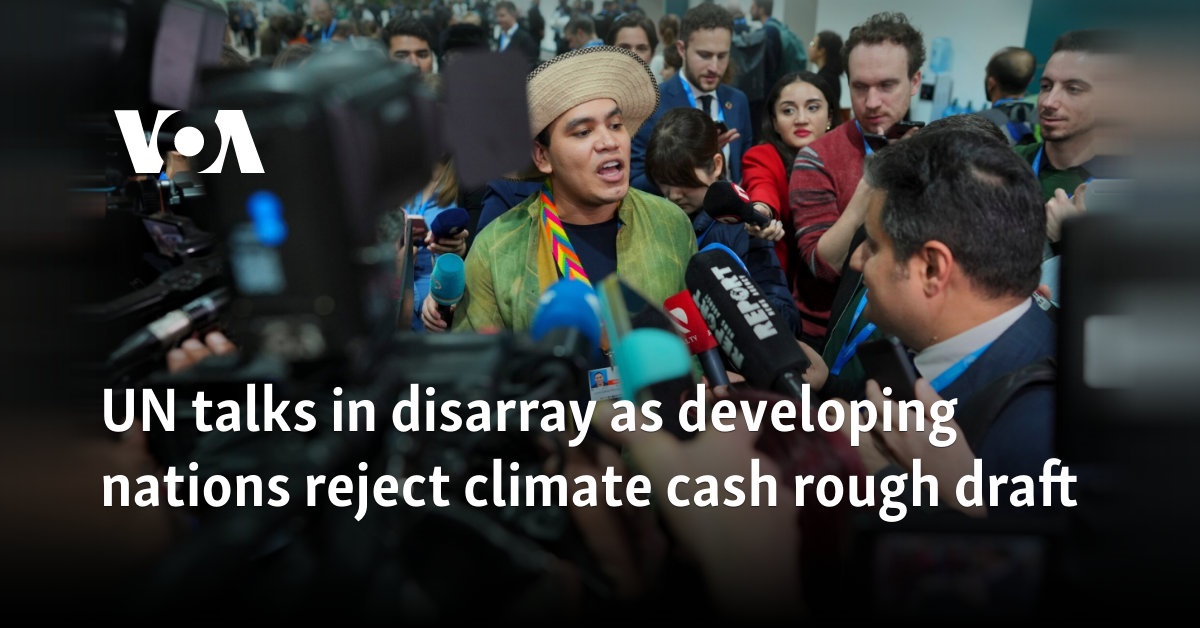RIO DE JANEIRO —
As Brazil prepares to welcome leaders from the world’s 20 largest economies for the Group of 20 summit, another event is taking place in Rio de Janeiro, one that brings global civil society to together for pivotal discussions.
The Brazil G20 Social Summit, an initiative by the Brazilian government, marks the first event at which citizens from around the world, as well as nonprofits and community organizations, are invited to participate in a series of smaller conferences.
One of the most talked-about initiatives is the launch of the Global Alliance Against Hunger — a group proposed by Brazil’s government to raise funds and implement policies aimed at reducing hunger worldwide.
Wellington Dias, Brazil’s minister of Development and Social Assistance, Family and Combating Hunger, told VOA this initiative is open to any nation. He said the G20 addressing hunger and poverty is a significant challenge and a new development.
Dias said the recent COVID pandemic and climate change created a problem for the world.
“It further disrupted the immigration process,” Dias said in an interview in Portuguese. “We also began to face situations involving climate change and people referred to as climate refugees. Hence, the need to address this issue.”
Brazil, Ghana, Zimbabwe, Kenya, Chile, Indonesia and the Dominican Republic have outlined their strategies. Countries supporting these efforts include Germany, France, the United Kingdom, Norway and Spain, as well as the European Union and organizations such as the World Bank, the Food and Agriculture Organization and the World Food Program.
Proposed measures include expanding cash transfer programs to support 500 million people, providing school meals to an additional 150 million children and offering health services to 200 million women and children younger than 6.
“What we need to solve hunger is much less than what is allocated to wars [and conflicts]. … The goal here is to develop a solution tailored to each country’s needs. It’s not just about distributing food baskets but also about delivering a development plan,” Dias said.
Brazilian officials said this financial commitment is expected to come from about 40 nation members of the alliance, 13 international organizations and financial institutions, 19 large philanthropic foundations, civil society organizations, nongovernmental organizations and other nonprofit organizations.
Dias said the alliance is expected to reach its target of 100 countries in the coming months, with more than 50 nations preparing plans to join. However, he said to join the alliance, countries must present well-defined plans and proven projects that effectively reduce poverty.

According to the United Nations, the relationship between food insecurity, migration and displacement is heavily influenced by factors such as conflict, climate change, natural disasters and poverty.
Current projections show that by 2030, 622 million people will live below the World Bank’s extreme poverty line of $2.15 a day.
The alliance’s mission is to lift at least 600 million people out of poverty by 2030.
The G20 social proposals will be compiled into a final document to be presented at the G20 leaders’ summit on Monday and Tuesday, hosted by Brazil. The Brazilian government has prioritized the fight against world hunger, alongside addressing climate change and anti-corruption governance reform.
South African Ambassador Nosipho Jezile told VOA: “Brazil has inspired me and [other] leaders in the context of this global alliance against hunger and poverty. It’s quite a stretch goal in terms of dealing with the challenges in hand.”
But she said nations know the problem and have evidence-based solutions.
“All we have to do is collaborate and make it happen. … It needs a lot of money, but of course, the reorientation of resources that are available to enable and deal with 500 million people that are in hunger and that’s what we have in this commitment,” she said.
About 47,000 people attended the G20 Social Summit from Thursday to Saturday, engaging in discussions on inequality and climate change.
“So, beyond the immigration issue, I always argue that hunger and extreme poverty are not just problems for those experiencing them — they are problems for the middle class, for the wealthy, for rich countries, and for rich individuals. There will be no social peace in the world if we do not find a solution to this issue,” Dias told VOA.

 By Voice of America (Africa) | Created at 2024-11-16 18:06:30 | Updated at 2024-11-24 13:10:08
1 week ago
By Voice of America (Africa) | Created at 2024-11-16 18:06:30 | Updated at 2024-11-24 13:10:08
1 week ago








